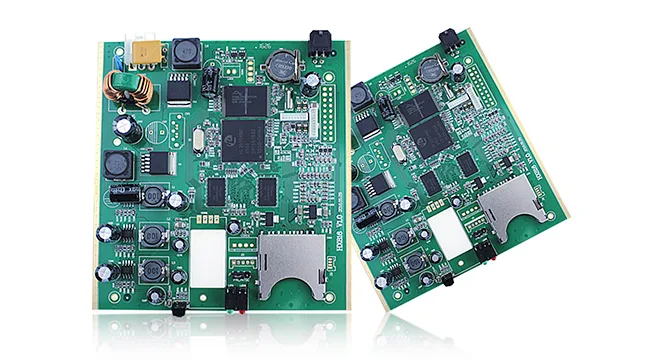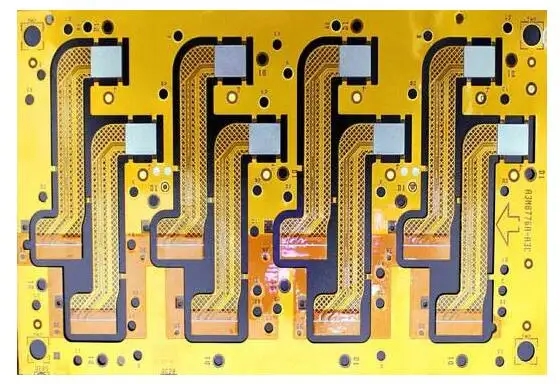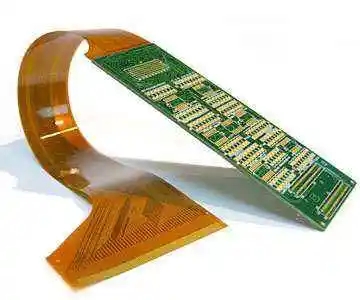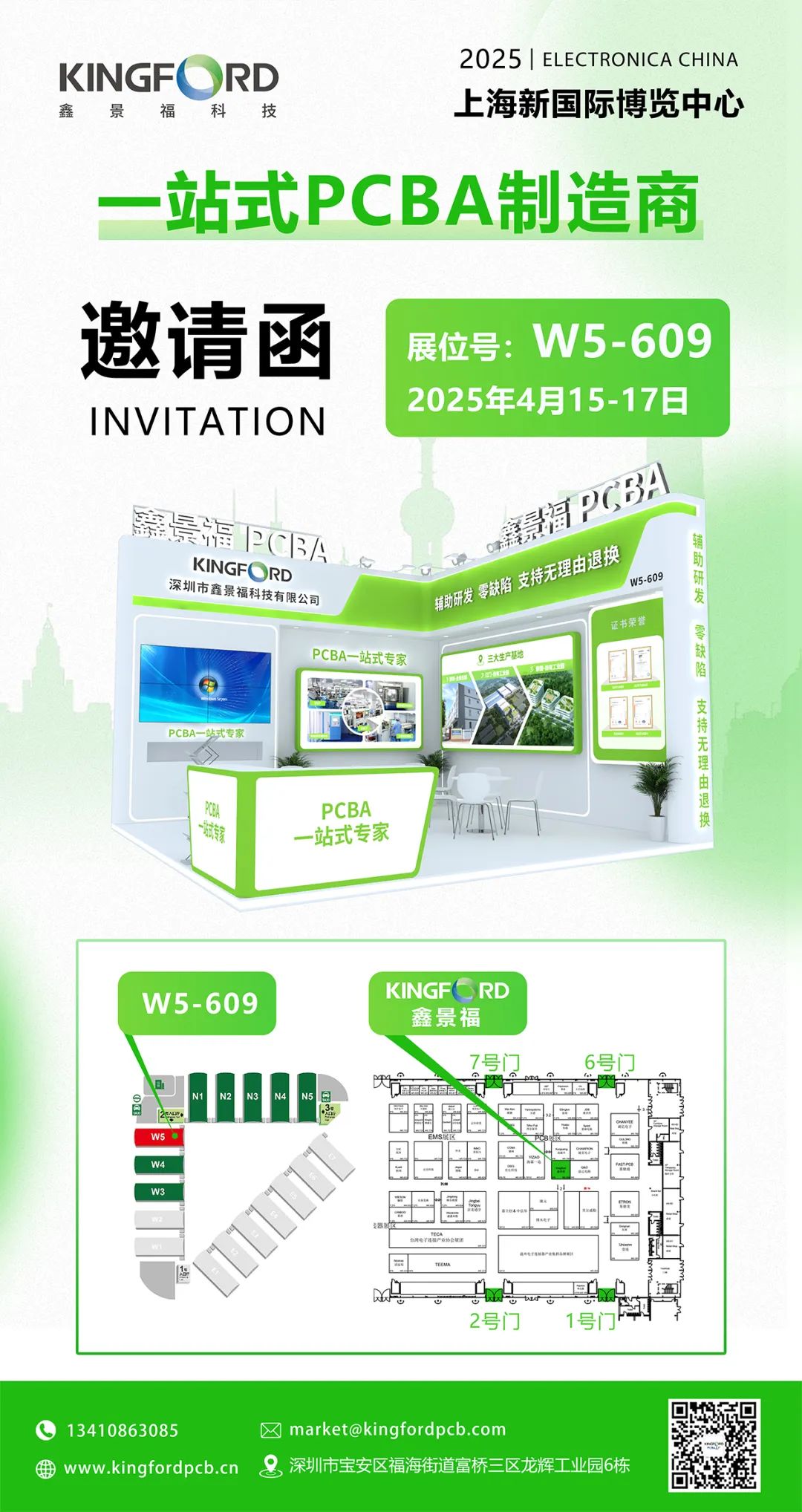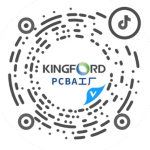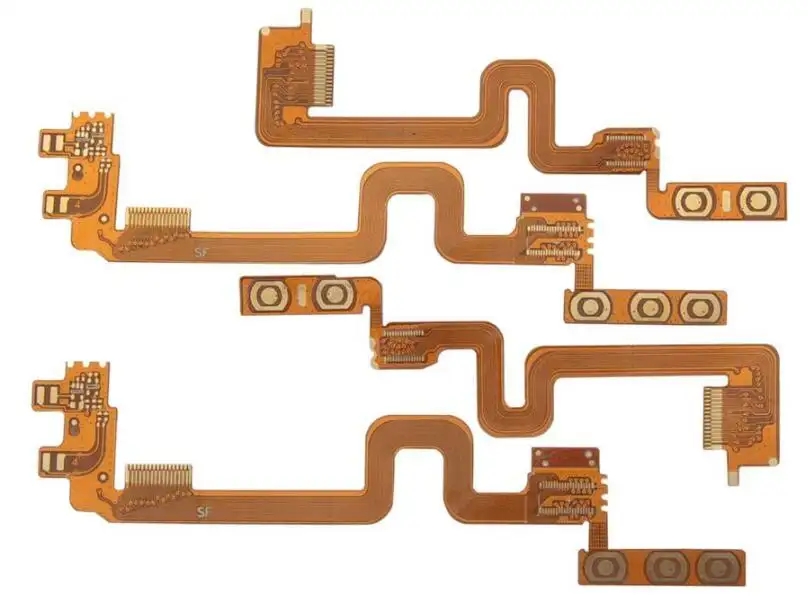
Circuit board manufacturer's explanation: CAM tool-CAM350
The CAM of a PCB processing factory is to give the PCB designed by the layout engineer to the PCB manufacturer by the customer in the form of computer data, and then the board factory uses CAM software (genesis2000, cam350, ucam, v2001, etc.) to correct the original data provided by the customer according to the production capacity of the factory according to the machine equipment capacity and production capacity of the factory, Some production tools (such as film, drill tape, gong tape, etc.) are provided for each process of production, so that our factory can produce circuit boards that meet customer requirements, whICh plays an auxiliary role in manufacturing.
With the miniaturization and speediness of products, CAM350 manufacturability analysis tool has brought about a significant increase in the complexity of design. How to ensure that complex design engineering data can be quickly and effectively converted to practical PCB production files and ensure the correctness of design data is very important. CAM350 provides a complete PCB process from design to production, successfully completing smooth data conversion and detection.
1、 Tool Benefits
PCB design and manufacturing cycle is a complex process that requires several different stages. The advantages of CAM350 are: reduce repeated design, reduce scrap and scrap board; Improve manufacturability; Accelerate production cycle and improve production efficiency; Improve automation rate and design optimization; Improve quality and database management; Improve the efficiency of mass production of bare boards.

There are many text boxes in the text layer of some data, and the distance between the text box and the PAD of the line does not meet the process capability; When the data is covered with large area of copper foil, the distance between the line or PAD and the copper sheet is not within the manufacturing requirements, and the overall size is large, the processing method is as follows:
1. When the data are covered with large area of copper foil, the distance between the line or PAD and the copper sheet is not within the manufacturing requirements, and the overall dimensions are large, the following methods can be used to quickly trim the distance between the line or PAD and the copper sheet (such as wide). First copy all the PADs of the circuit layer (the first layer) to an empty layer, delete the PADs corresponding to the large copper sheet, and then enlarge the remaining PADs as the subtractive circuit layer (the second layer), then copy the first layer to an empty layer, and delete the large copper sheet as the third level. The layering method is: the first layer (adding layer), the second layer (reducing layer), and the third layer (adding layer). Generally speaking, in order to reduce the amount of data, we can only retain the large copper skin on the first layer. If the distance between the solder mask and the large copper sheet is not enough, the enlarged solder mask (meeting the process capability) can be copied to an empty layer, and the remaining solder mask on the large copper sheet can be enlarged as the second layer after the solder mask corresponding to the large copper sheet is deleted.
Note: After completing the circuit with this method, be sure to use the command to convert a composite layer of multiple layers into a layer of Utilities -->Convert Composite, and then carefully check this layer with the original using the Anglisis -->Compare Layers command.
2. When the text layer of some data has many text boxes, and the distance between the text box and the PAD of the line does not meet the process capability, the following method can be used: first stretch any type of text box to the specification range with the Edit -->Move Vtx/Seg command, and then make it Flash, and then make other text boxes of the same type into the same Flash. However, it should be noted that the flash must be broken up after it is made to prevent the D code from rotating when the data is opened.
2、 Main functions
1. Support multiple input/output formats (CAD data, ODB++, Gerber, IPC-356, Excel, DXF, Sieb, Myers, etc.); Provides bi-directional AutoCAD and DXF data support.
2. Check the design rules, including various spacing, ring wire, copper foil area calculation, MESh table comparison, etc; Optimize design documents, add teardrops, screen list extraction, silk screen inspection, etc
3. Basic NC Editor through-hole editing function, drilling tool definition, milling path, and changing tool lift point.
4. Fast assembly function, making PCB array to meet Production requirements; Quote Agent generates accurate list of manufacturing process requirements
5. Cross probe interactive viewing; Errors detected in CAM350 are highlighted in the CAD tool (Allegro and PADS) In this way, you can easily and quickly find and modify errors.
6. Graphical comparison of network tables: the network table comparison function is enhanced, which not only generates text reports, but also allows users to view errors in a graphical way; Batch rule check Streams Rule Check. The user can define a series of verification steps such as DRC, DFF and netlist comparison. Click a button to perform all these tests, or call these tests repeatedly in other designs.
7. The fast panel editor, a powerful panel tool, provides users with the ability to call standard panel templates and customize their own templates.
8. The data required for flying probe testing can be quickly extracted through a powerful graphical editor and filtering options, such as network, test points, and mutual spacing information. Bed of Rails Editor, a needle bed editor, creates all necessary files of single or double sided test fixtures, graphical editing interface and filtering options, enabling users to easily interact and control information such as test points. Reverse Engineering, CAM350's unique reverse engineering function, allows users to convert Gerber graphic data into intelligent CAD data including NET, REFDES and attributes.
The above is the introduction of CAM tool - CAM350 by PCB manufacturers and PCB designers.
然后
联系
电话热线
13410863085Q Q

微信

- 邮箱

